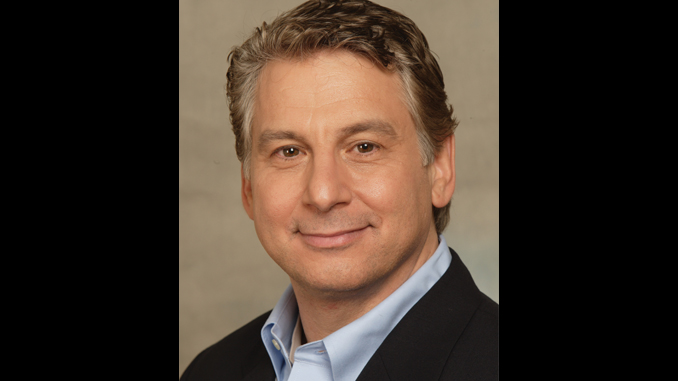by Stuart Bass, ACE
I love movies and TV shows. I love watching them and I love making them. I always have, for as long as I can remember. My career as an editor would have been just about perfect if I could have slept my way to the top. Unfortunately, with my looks, I was destined for a more conventional approach.
When I was eight years old, I made 8mm movies starring the neighborhood kids. As I continued filming through my college years, I explored the abstract, the symbolic, the disgusting, the romantic and the comic. I filmed dramas, documented friends, mocked educational movies.
I grew up in Madison, Wisconsin, where the general thinking was (and probably still is) that making films wasn’t a career––it was a hobby. So, when it came time for college, I started out majoring in the sciences at the University of Wisconsin. Shortly thereafter, it was clear that my heart was with cinema studies; I graduated with a BA in Radio, Television and Film.
By the time I had my degree, I had self- written, shot, edited and even processed a few short films. A fan of the independent filmmakers like George Kuchar and James Broughton at the San Francisco Art Institute, I submitted my films to its Fine Arts program and was accepted. Days in San Francisco were ideal: making my movies, teaching the undergraduates, hanging with avant-garde artists and liv- ing the North Beach Boho dream.
And then Ronald Reagan got into office. Non-profit art money evaporated, film stock prices shot up. I got my Masters of Fine Arts degree and I had to get real.
I found some freelance jobs as a cameraman, but didn’t consider editing until 1980––when I found a job as post-production manager at San Francisco’s largest commercial production house. I became a projectionist, sound mixer, video assisant, negative cutter, scheduler, delivery boy, handyman, assistant editor and––on the small projects––the editor. I was the proverbial kid in the candy store, only this candy store produced high-end spots with tough requirements and short deadlines.
To maintain my sanity, weekends were spent playing with a group of comics per- forming improv comedy around town. With time, I began to learn the importance of finding the beginning, middle and end of a scene on the fly. I was never as funny as the talented players in the group, but those nights of performing were a huge influence on my understand- ing of story, performance and comedy.
I worked like a dog for slave wages at the shrines of materialism: commercials and industrials. I started getting a knack for how to organize and shape sound and images into compelling wholes. This experience opened my eyes to the possibilities of editing. Also, I began to learn cutting-room politics: when to keep quiet, when to speak up––but mostly when to keep quiet!
Meanwhile, I was helping out in editorial at Industrial Light and Magic. I remember the Editors Guild became involved there and suddenly we all had Motion Picture Editors Guild cards. I still take great pride in that union card that says, “Member since 1982.” At the time, I saw it as my ticket to Los Angeles.
Soon, I moved into an apartment on Sunset and got my first call to work for Playboy After Dark, cutting interviews. Used to the schedule of cutting commercials, I attacked my first interview with Cheech and Chong and had it done in a day. I found myself hanging around Playboy with nothing to do and decided to write an article for Video Systems Magazine on experimental editing systems.
The article took me to CBS Radford studios to interview the guys cutting After MASH. The assistant announced he was quitting. After MASH was the first series to be cut on a nonlinear editing system. I had taken computer courses in San Francisco, and that got me the gig. Assisting in the 80’s was a blur of technology, new systems, changing formats and growing computer power. I worked with Stan Tischler for a couple years and he helped me to move into editing by sharing credit on a few projects.
I started MacGyver as an assistant, but eventually moved to cutting the trailers. My little 30-second MacGyver stories were really well received, and I became an editor on the series the next season.
In the last few years, I have pursued scripts and shows that interested me; Arrested Development, The Office, Pushing Daisies and Scrubs. I also have found I like to work with certain people––and that often the people you work with are more important for your well-being than which show you’re on.
I wonder if I was born a century ago that, instead of ending up in Hollywood, I would have run away and joined the circus…


